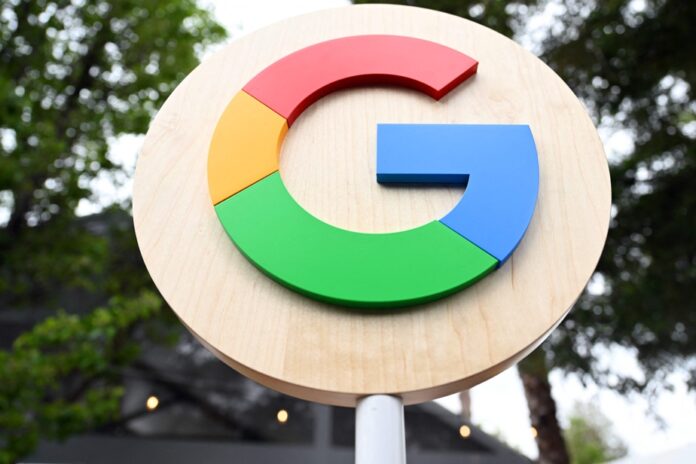(San Francisco) Google and Microsoft, engaged in a high-stakes artificial intelligence race, outperformed market expectations in the second quarter of 2023, despite an unfavorable economic environment and significant internal investments.
Alphabet (Google) delighted the market on Tuesday with $74.6 billion in revenue and $18.4 billion in net profit. Its stock rose more than 6% in electronic trading after the closing of the New York Stock Exchange.
Sales of advertising space on YouTube rose slightly year-on-year, to $7.7 billion.
The world’s number one digital advertising company is facing many headwinds, from inflation to high interest rates to competition from TikTok, which are straining advertisers’ budgets.
Its revenues in the cloud (remote computing) also came out above market forecasts.
Google Cloud made $8 billion in revenue, up 27% year-on-year. With an operating profit close to $400 million, the subsidiary is transforming the trial after making its first profit in the last quarter.
The cloud has also carried Microsoft, world number 2 in the sector. The activity, which relies heavily on artificial intelligence (AI), now accounts for more than half of the company’s turnover.
But its growth (21% over one year) has slowed slightly and the title of Microsoft, which has appreciated by almost half since the start of the year, fell by more than 3% on Tuesday.
In all, the Redmond group made more than $56 billion in revenue and $20 billion in net profit, also beating analysts’ forecasts.
Above all, their eyes are on the frantic race for artificial intelligence (AI), even if it will take several quarters before the new products being rolled out have an impact on the results of large companies. .
After the “strong performance of technology companies in the first half […], Wall Street wants to know what this AI revolution means for the sector in the months and years to come,” said Dan Ives of the specialist firm Wedbush.
The release in November of the ChatGPT interface – designed by the Californian startup OpenAI, mainly funded by Microsoft – launched a lightning-fast race for generative AI, between exuberant enthusiasm and apocalyptic worries.
Google and Microsoft have thus added to their office automation and communication software, for professionals or the general public, tools capable of producing text and/or images on simple request in everyday language.
Google’s answer to ChatGPT, Bard, will soon be able to converse in 40 languages and is to go multimedia.
“This is our seventh year as a company specializing in artificial intelligence, and we know how to integrate AI into our products, in an intuitive way”, assured Sundar Pichai, the boss of the Californian group, on Tuesday. of a conference call.
Google teams are particularly focused on the transformation of the search engine, which can now, in its test version inflated with generative AI, respond directly to the user.
“It’s a huge change,” the leader noted. “We can think differently, more creatively, about how it works.”
The stakes are such that Sergey Brin, co-founder of Google who handed over several years ago, is back in the office several times a week, according to the Wall Street Journal.
In June, Microsoft Chief Financial Officer Amy Hood said next-generation AI would eventually contribute $10 billion a year to the company’s revenue.
“All customers ask me how and when they can use it,” Microsoft CEO Satya Nadella said Tuesday.
According to Dan Ives, AI will represent an 800 billion dollar market and spending on this technology could monopolize between 8 and 10% of enterprise IT budgets in 2024, compared to 1% this year.
So far, the addition of generative AI capabilities to Microsoft’s search engine Bing hasn’t outdone Google, which still dominates the heart of the internet with more than 92% of that market. in June, according to the firm Statcounter.
But Microsoft still has a head start in generative AI in general.
“With Microsoft clearly placed as the leader in the AI race alongside Nvidia (manufacturer of ultra-sophisticated computer chips, editor’s note), this battle will last for the entire decade to come”, promises Dan Ives.















